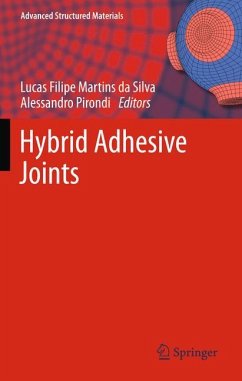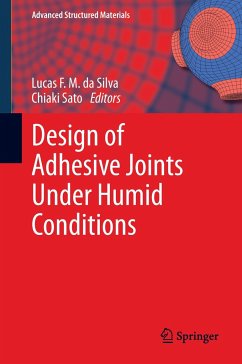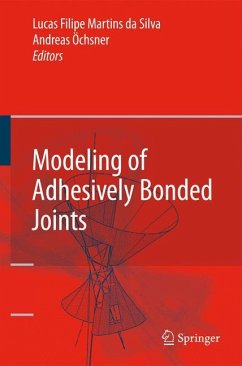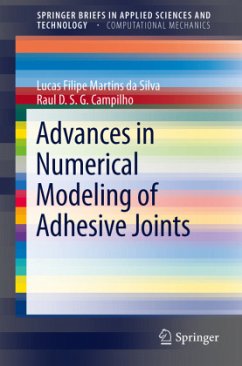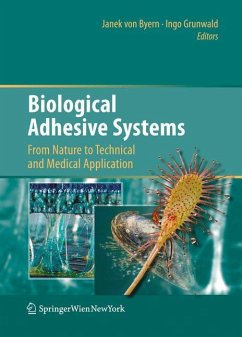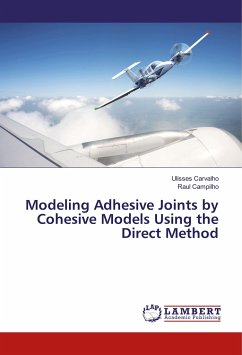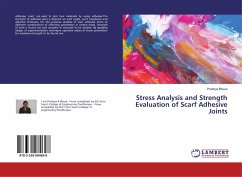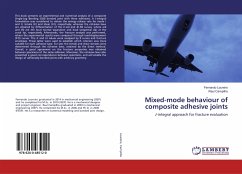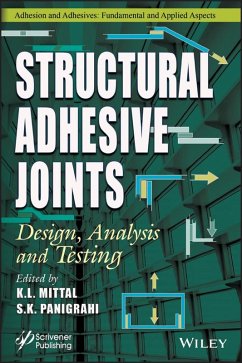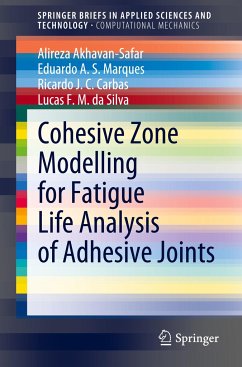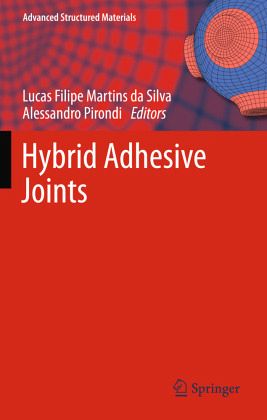
Hybrid Adhesive Joints
Versandkostenfrei!
Versandfertig in 6-10 Tagen
113,99 €
inkl. MwSt.

PAYBACK Punkte
57 °P sammeln!
This volume presents treat the material science and mechanical issues of hybrid adhesive bonds which are a combination of adhesive bonding rather than mechanical fasteners. The idea of hybrid joints is to gather the advantages of the different techniques leaving out their problems. Some of the advantages of these joints are a higher static and fatigue strength and a higher stiffness with respect to simple joints, a two-stage cracking process before the final failure and improved durability.The book treats all important kinds of joints which are in use today: weld - adhesive, rivet - adhesive, ...
This volume presents treat the material science and mechanical issues of hybrid adhesive bonds which are a combination of adhesive bonding rather than mechanical fasteners. The idea of hybrid joints is to gather the advantages of the different techniques leaving out their problems. Some of the advantages of these joints are a higher static and fatigue strength and a higher stiffness with respect to simple joints, a two-stage cracking process before the final failure and improved durability.
The book treats all important kinds of joints which are in use today: weld - adhesive, rivet - adhesive, clinch - adhesive, bolt - adhesive, and adhesive - adhesive. A section dedicated to threadlocking and interference-fit adhesive joints is also included. All sections are treated from a scientific point of view with modeling issues supported by simple coupons testing and a technological point of view where the idea is to present more applied results with practical cases.
The book treats all important kinds of joints which are in use today: weld - adhesive, rivet - adhesive, clinch - adhesive, bolt - adhesive, and adhesive - adhesive. A section dedicated to threadlocking and interference-fit adhesive joints is also included. All sections are treated from a scientific point of view with modeling issues supported by simple coupons testing and a technological point of view where the idea is to present more applied results with practical cases.





